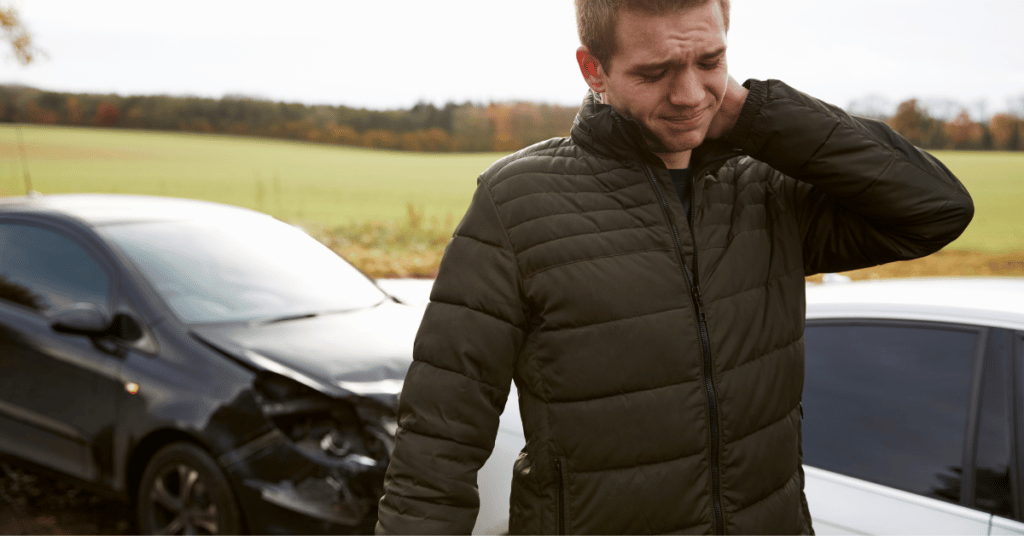
If you refused medical treatment initially at the accident scene but then start to feel unwell, you should see a medical professional as soon as possible. The longer you wait to get checked out, the more doubt you’ll cast into your claim that your injuries are related to the accident.
That’s because the insurance company will have reasonable doubt to question the fact that your injuries were directly caused by the accident. In the time between the accident and when you seek medical care, you could suffer from other injuries unrelated to the accident.
Here’s what you need to know about refusing medical care initially and then pursuing an injury claim.
Refusing Medical Treatment after an Accident
Legally, you have the right to refuse treatment after any type of accident if you are conscious. It is not uncommon for accident victims to refuse treatment because they believe they are not injured.
However, the injury victim might not feel pain yet due to the adrenaline that the body releases to help the person through the trauma of the experience. Once you get home and return to normal routines, the adrenaline will begin to wear off and you might start to feel pain, stiffness and general feelings of being unwell.
Another reason why injury victims might refuse treatment is because they don’t want to deal with doctors at that time and just want to get home to recover mentally and physically from the ordeal.
This mentality that they can just sleep off the injury or work through it on their own is a dangerous one because injuries from an accident can be sneaky. They might present themselves as minor but the underlying cause is far more serious. If left untreated, these injuries could lead to long-term pain or ailments that you cannot fully recover from.
How Refusing Medical Care Could Impact Your Case
Insurance companies aim to pay as little as possible for claims. They will look for reasons to deny or lower the value of your claim no matter the cause.
By refusing medical treatment or delaying it for too long, you make it appear as though you did not suffer a serious injury. The insurance company will use this information to challenge your claim.
To protect yourself from facing possible claim denial, you should seek medical attention as soon as possible once you begin experiencing even minor pain. Refusing medical treatment at the accident scene does not completely bar you from filing a claim for injuries after an accident. But the steps you take in the days following the accident will determine how easy that claim is.
Once you’ve sought medical attention and gotten a diagnosis and treatment plan, you should contact an Indiana personal injury attorney as soon as possible.
Call for a Free Consultation
An attorney can build a case and prove your reasons for initially refusing treatment, including the fact that adrenaline initially made you unaware of your injuries. You should not drop a case simply because you did not initially seek medical treatment.
Ideally, you should work with an attorney before ever filing an injury claim. The team at Stewart & Stewart will be your guide through the insurance claim process and help prevent claim denial even if you refused initial medical treatment. Contact us now for a free case evaluation.

